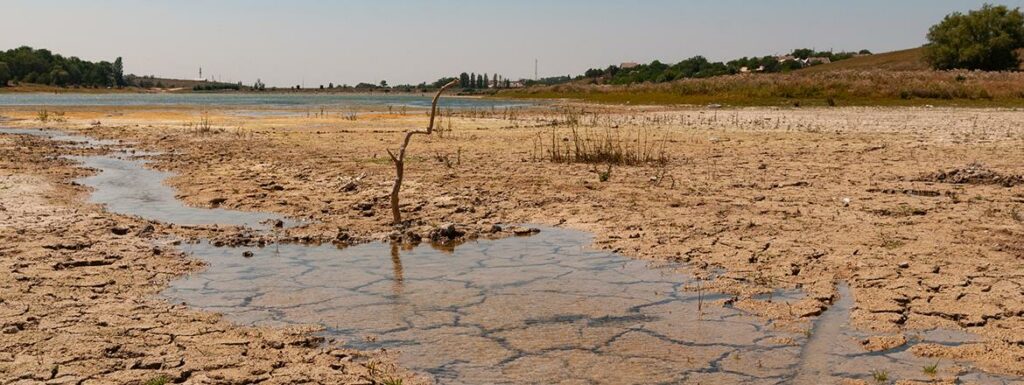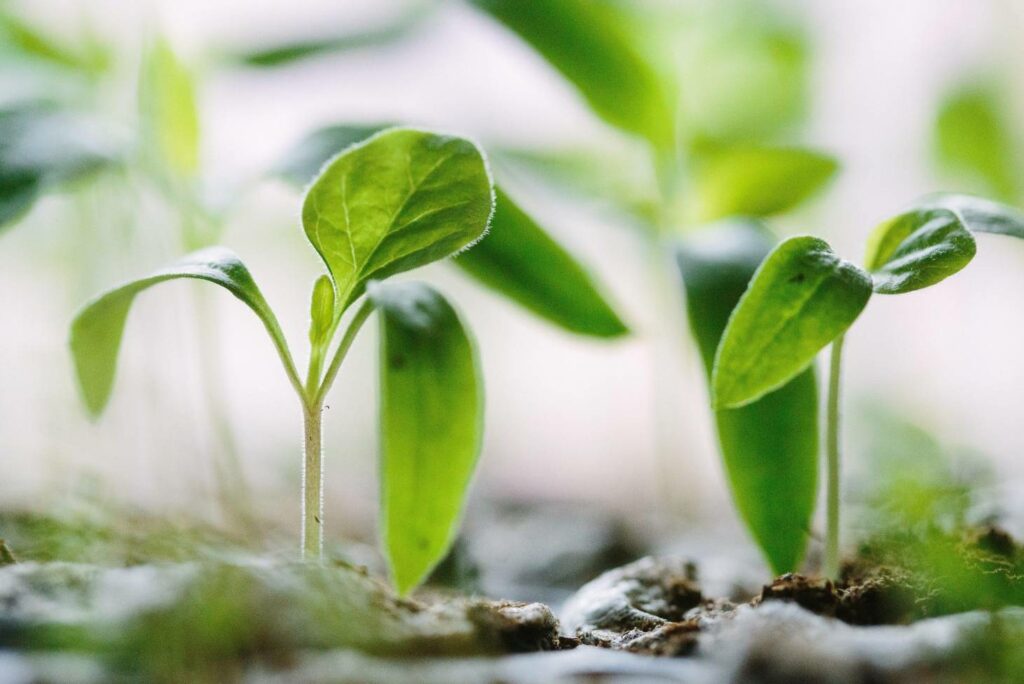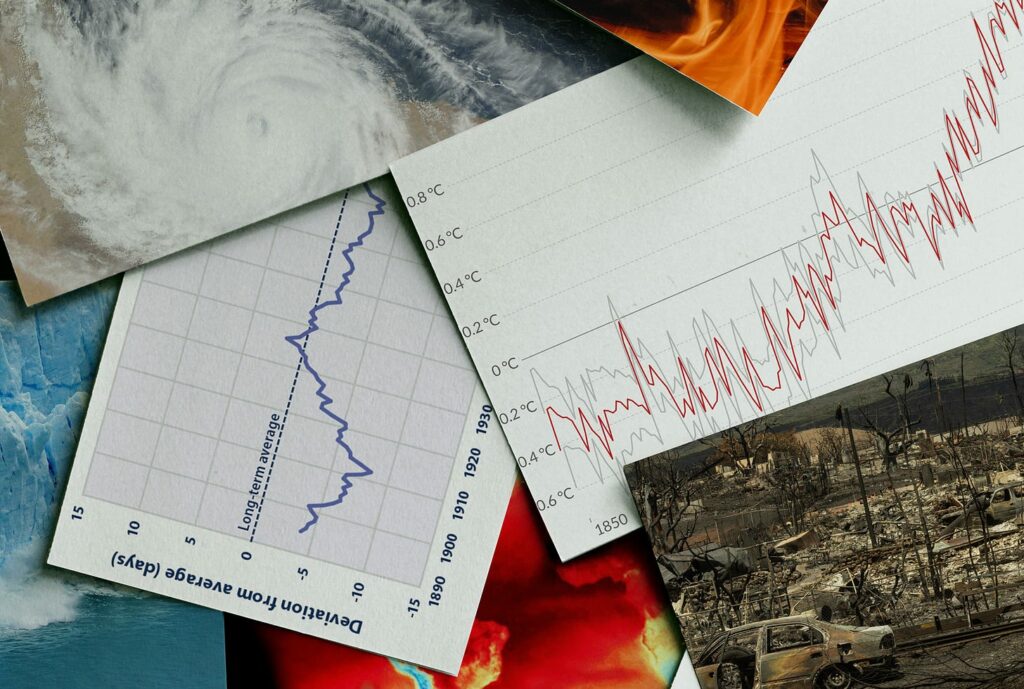Among the aspects of climate alarmism that invites and yet defies parody is that everything is bad. For instance a new study in Nature warns that while yes, in fact more CO2 does mean more plants because it’s not “pollution” in the normal bad-for-nature sense, its still a bad thing because the result will be more runoff due to “their influence on surface resistance to evapotranspiration” and as the dang plants absorb water as well as CO2 we’ll have droughts and it will be terrible because everything always is.
Apparently the reason for this new, mostly paywalled study is that the conventional wisdom had been that growing more plants would actually reduce drought. (Without causing more flooding, even though warming orthodoxy is that it causes there to be less and more water at the same time, basically less where you want more and more where you want less because everything is bad.) Well, that idea won’t do because, again, everything is bad. So the authors went out and with different computer models refuted the other computer models and showed that “projected plant responses directly reduce future runoff across vast swaths of North America, Europe and Asia because bulk canopy water demands increase with additional vegetation growth and longer and warmer growing seasons”.
What this melodious prose is attempting to cough out is that there will be less runoff and so there will be less water in reservoirs and the crops will die because they’re so lush. And everyone will stare helplessly as it happens and no one will be able to figure out how to adapt. Or something along those lines. Anyway, as Raymond Burr memorably said in the original reedited Godzilla, it’s big and it’s terrible. As always.



I think they missed something else if you added in herbivores the result is high quality soil able to retain more water and reduce runoff and support more grazing and both provide more tastee food stuff.
Hmmm, more CO2 -> more plants -> more herbivores = more carbon stored in soil + more eats. Works for me.
The soil and water conservation practices that sequester carbon were originally developed to address environmental concerns related to agriculture like soil erosion, organic matter depletion and soil salinity. Adoption of appropriate conservation strategies lead to enhancement of overall environmental quality through: improved wildlife habitat, higher water quality and reduced soil erosion; improved soil quality by raising productivity and contributing to sustainable land use; carbon sequestration in soil.
So will the greening of the Sahara cause a drought there or will it flood....I'm confused!
Can I still blame CO2 for all the weeds in my garden and don't attribute that to my laziness?